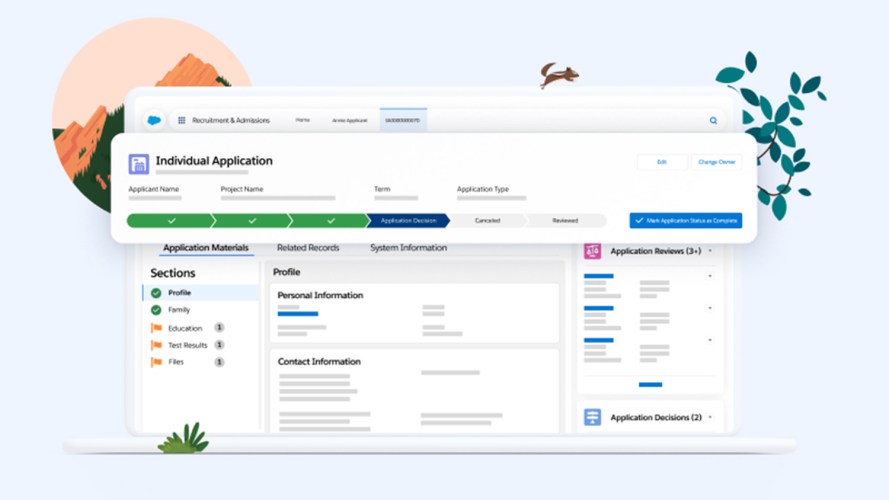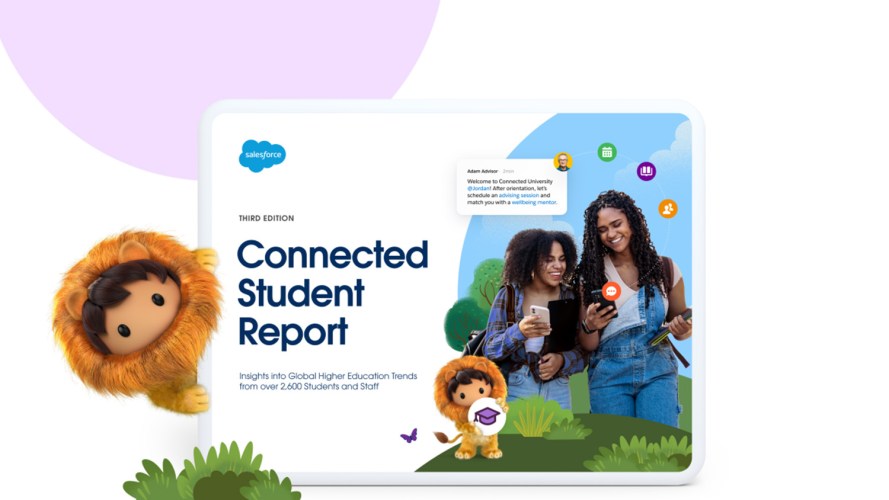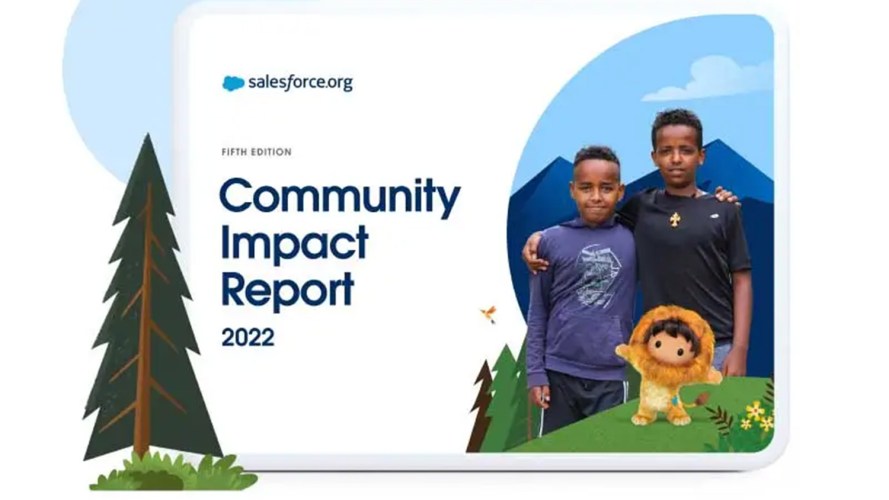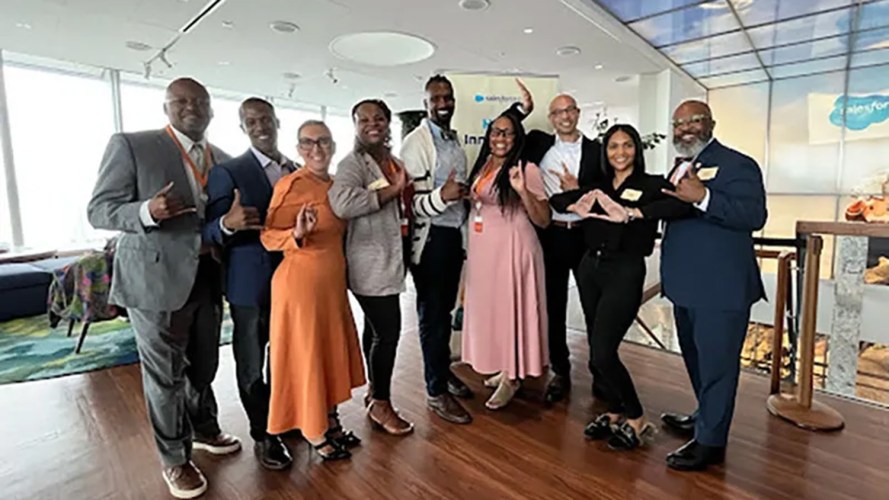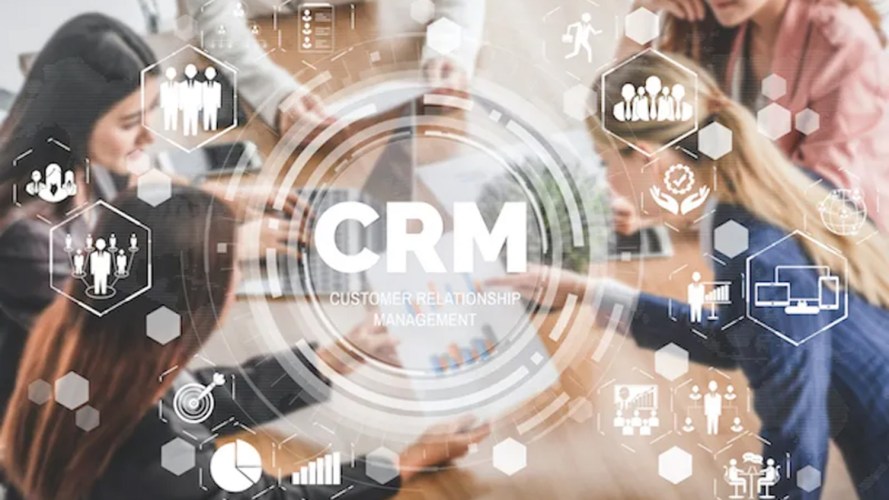Did you know that students put career outcomes before academic focus when choosing their university? According to the second edition of Salesforce.org’s Connected Student Report, 49% of them consider future career prospects to be the most important factor when deciding to enroll at a university.
And rightly so! In today’s fast-paced and ever-changing world, students want to be certain that their degree will allow them to land a good job. Yet, a lot of students feel unprepared for employment and are asking for more personal advising, more connections to employers, and more advanced digital skills.
Connected Student Report
Belonging starts with connection. Learn more about trends in higher education in the second edition of our Connected Student report.



But how can universities prepare students for tomorrow’s labour market? Here are three areas where your institution can make a difference today.
1. Make Your Course Offering Workforce-Relevant
To do so, you can connect disciplines to tackle real world problems. That’s actually the modus operandi of the London Interdisciplinary School, which is reimagining the traditional university degrees to teach skills employers are looking for. The 17 Sustainable Development Goals from the World Health Organisation are a great reference to connect your curriculum to the world’s greatest challenges and give more meaning to higher education degrees. Students aren’t just concerned about themselves. Over three quarters (76%) worry about climate change, and care deeply about social equality, too – including economic, gender, and race.
Then, you need to prioritise skills that are hard to find. According to our Connected Student Report, 58% of institutions are offering more course offerings on digital skill sets, but only 11% of students feel they get a good value from the digital skills their university teaches. And beyond the concept of soft and hard skills, universities need to teach durable skills. This includes, but is not limited to, global citizenship skills, technology skills, and interpersonal skills.
The OECD Skills for Job interactive table is a good tool to gauge what kind of skills, knowledge, and abilities are in high-demand in your country. For instance, did you know that sales and marketing skills were in excess in the U.K. but hard to find in Spain? Such information could help career advisors to better guide students that are looking to find workplace opportunities that match students’ degrees. Once you’ve equipped your students with skills that make them highly marketable, you can leverage technology to connect them with employers.
2. Provide a Dedicated Portal to Jump-Start Careers
Students ask for connections. According to the Connected Student Report, nearly one in three students say that having more virtual connections to employers would get them ahead in the job world. One way to bring students and employers closer together is a dedicated online portal. Providing students with the tools and support to develop their skills, prepare for their job search, and connect with potential employers in one place is a game changer.
The Institut Químic de Sarrià has accelerated their student employability by doing exactly that. They built a portal to enable students to browse and apply to job opportunities, and follow their progress with intelligent notifications. Companies can directly post their job offers and even manage each application from the same portal.
Emlyon Business School is another institution that created a bridge between students’ dreams and the labour market while boosting their career services productivity with an online portal built in Salesforce. Their career center sits at the crossroads between learning and careers; allowing students to quickly get their internships, and tutors to review internship experiences in an automated way.
Not only can these institutions guide every student towards employment with virtual personal advising as needed, they also monitor everything related to their graduates’ employability. And speaking of graduates: Alumni expect universities to support their professional success as well.

3. Double Down on Lifelong Learning
The shelf life of skills is reducing significantly as the fourth industrial revolution transforms our entire economy. Today, a skill a person learns has an average life of five years. The Foundation for Young Australians estimates that a 15-year-old today will experience a portfolio career, potentially having 17 different jobs over 5 careers in their lifetime. The lifelong learning revolution is pushing institutions to implement new business models. According to Martin Bean, vice chancellor at RMIT, the lifelong learning revolution feeds into “a much more flexible and responsive way of developing and delivering program structures.” From micro-credentials to online delivery or industry partnerships, great changes are happening across the education sector.
No matter the degree they hold, individuals across the world want to have thriving careers. The majority of graduates today will continue their learning journey by stacking up new credentials on top of their degree. That’s why it’s so important that higher ed institutions are building lifelong relationships with their alumni. Some institutions like Hult Business School nourish their alumni relationship by offering an elective course each year for life, or provide a digital space to its alumni, like IQS does, to stay in the know of career opportunities.
It definitely takes a whole lot to improve graduate employability. But by investing in these three areas strategically, universities can support their students to make the most of their career — not only right after graduation, but throughout their life.



















